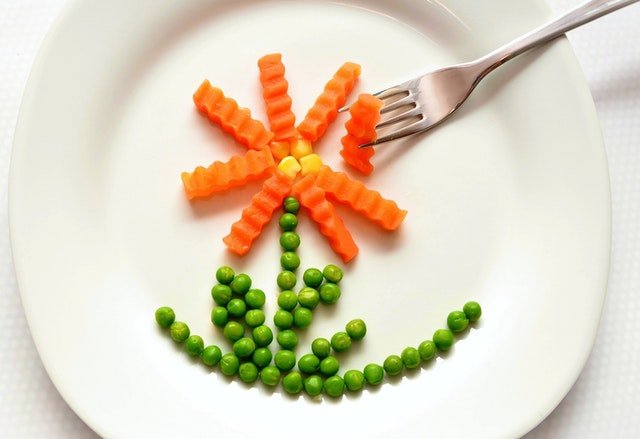
In a recent study, researchers found colon cancer, Crohn’s, and other gut diseases could be better treated – or even prevented.
Previous research has shown autophagy could cause tissue inflammation when dysfunctional.
Autophagy is an essential process whereby cells break down and recycle harmful or damaged elements within themselves to keep our bodies healthy.
The condition could leave people susceptible to harmful diseases, particularly in the gut.
The current study has identified – for the first time – a protein which is regulated by autophagy.
The protein is called Kenny, and it contains amino acids that cause itself to be broken down by autophagy. When autophagy is dysfunctional, Kenny accumulates and causes inflammation.
The researchers identified this phenomenon in fruit flies, and they noted that dysfunctional autophagy causes serious inflammation particularly in the gut.
This could make tissue inflamed, causing disease, and make the lifespan of a fruit fly half that of other flies.
Humans are in even more danger from the link between autophagy, inflammation, and a dysfunctional or diseased gut.
This is because our bodies lack the regular motif of amino acids which Kenny uses in fruit flies, making its breakdown by autophagy difficult to control or regulate.
To prevent serious diseases of the gut caused by inflammation, researchers state that it is necessary to find ways to control and regulate autophagy.
They suggest foods such as pomegranates, red grapes, pears, mushrooms, lentils, soybeans, and green peas contain natural compounds.
The compounds can activate autophagy, helping to prevent inflammation and gut diseases.
The finding could lead to more effective treatments for gut diseases – such as colon cancer, irritable bowel syndrome, Crohn’s disease and ulcerative colitis.
This could give healthcare professionals the ability to target the root cause of these diseases, by regulating and controlling autophagy.
The finding is published in Nature Communications.
Copyright © 2019 Knowridge Science Report. All rights reserved.
Source: Nature Communications.



